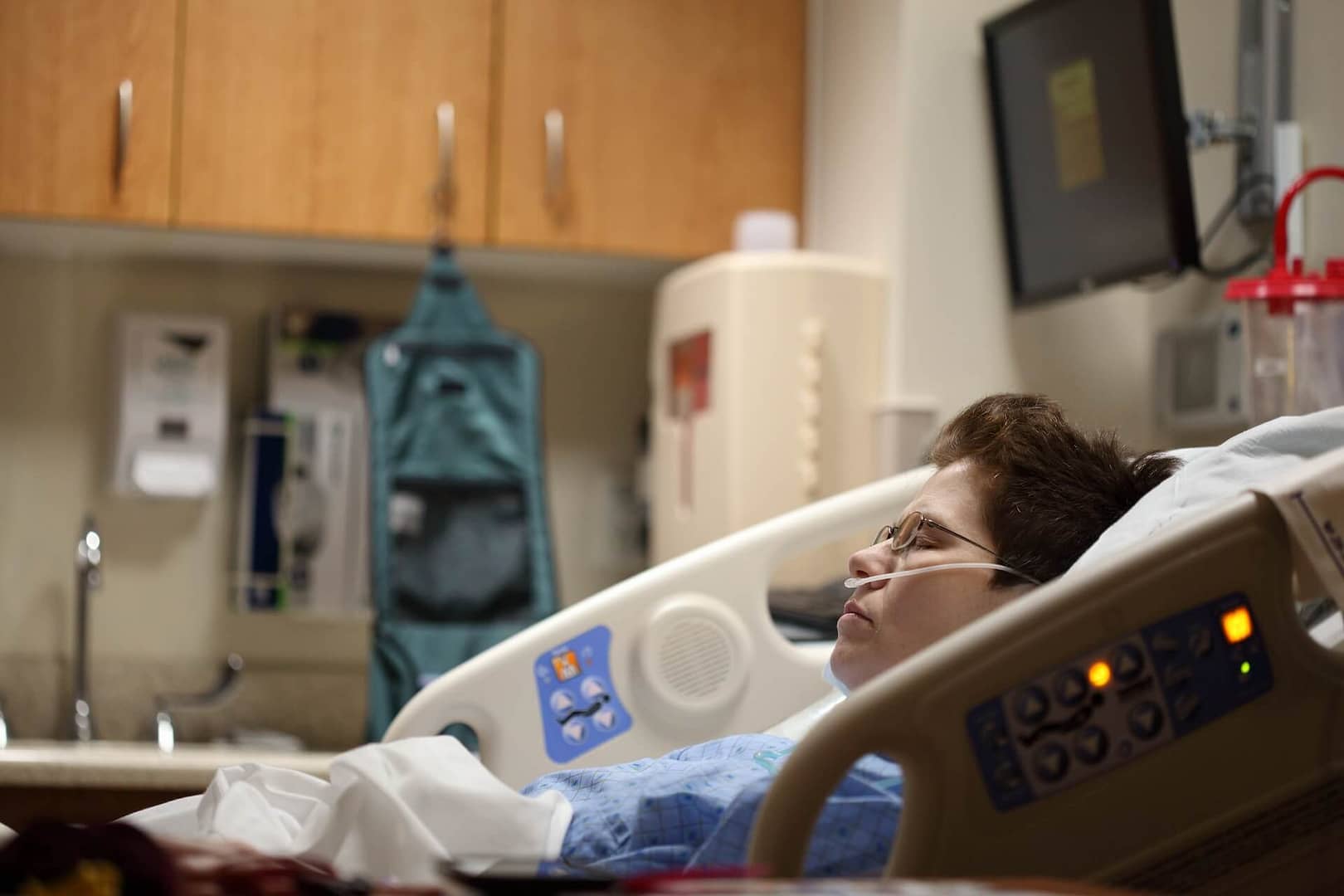In the world of medical care, trust is paramount. Patients trust healthcare providers to deliver competent and safe treatment, and healthcare providers, in turn, rely on patients to make informed decisions about their care. One critical aspect of this trust is the concept of informed consent in clinical negligence cases. This legal safeguard ensures that patients have a say in their medical treatments, fully understanding the potential risks and benefits. In this article, we will explore what informed consent is, its role in clinical negligence cases, and how it serves as a crucial defense for healthcare providers.
The Essence of Informed Consent
Informed consent is a cornerstone of modern medical ethics and practice. It represents a collaborative decision-making process between patients and healthcare providers. It ensures that patients are fully aware of the potential risks, benefits, and alternatives associated with a medical procedure or treatment. This informed decision-making empowers patients to actively participate in their healthcare choices, promoting autonomy and respect for their preferences.
Informed consent comprises several key elements:
Information Disclosure
To obtain informed consent, healthcare providers must provide patients with clear and comprehensive information. This includes details about the proposed treatment, its purpose, potential risks, alternative treatments, and expected outcomes. Patients should have the opportunity to ask questions and seek clarification if needed.
Capacity to Consent
Patients must possess the mental capacity to make decisions regarding their medical care. If a patient lacks the capacity due to factors such as cognitive impairment or mental illness, a surrogate decision-maker, often a legally appointed guardian, may provide consent on their behalf.
Voluntariness
Consent must be given voluntarily, without any form of coercion or undue influence. Patients should feel free to accept or decline a treatment option based on their personal values and preferences.
Competency of the Healthcare Provider
Healthcare providers must be competent and qualified to perform the proposed procedure or treatment. Their ability to provide safe and effective care is fundamental to the informed consent process.
The Defence of Consent in Medical Negligence
In the realm of clinical negligence cases, informed consent takes center stage as a vital legal defense. These cases revolve around allegations of medical malpractice or negligence, where patients claim that healthcare providers failed to meet the standard of care, resulting in harm or injury. The defense of consent plays a significant role in countering such claims.
Understanding Clinical Negligence
Before delving into the defense of consent, let’s briefly explore clinical negligence. Clinical negligence, often referred to as medical malpractice, occurs when a healthcare provider breaches their duty of care to a patient, resulting in harm. This breach of duty can take various forms, such as surgical errors, misdiagnoses, medication errors, or failure to provide adequate treatment.
The Role of Informed Consent in Defense
In clinical negligence cases, healthcare providers can argue that they obtained valid informed consent from the patient. By doing so, they assert that the patient willingly accepted the proposed treatment after being informed of its potential risks, benefits, and alternatives. This serves as a powerful defense against claims of negligence because it highlights that the patient made a voluntary and informed decision.
For example, imagine a scenario where a patient requires a complex surgical procedure. Before the surgery, the surgeon diligently explains the procedure, its potential risks, and alternative treatments. The patient, fully aware of the information provided, consents to the surgery. In the unfortunate event that a complication arises during the procedure, the surgeon can argue that they obtained informed consent, demonstrating that the patient accepted the inherent risks associated with the surgery.
The Significance of Documentation
In the defense of consent, documentation is of paramount importance. Healthcare providers must maintain detailed records of the informed consent process. This documentation should include:
- Signed consent forms: Patients should sign consent forms acknowledging their understanding and agreement.
- Notes of discussions: Healthcare providers should keep notes of discussions with the patient, detailing the information provided and any questions asked.
- Evidence of capacity: In cases where capacity may be in question, documentation of assessments by medical professionals or appointed decision-makers is essential.
Comprehensive documentation strengthens the healthcare provider’s position in a clinical negligence case, as it provides clear evidence that informed consent was obtained.
Challenging Consent Claims in Clinical Negligence Cases
While informed consent serves as a powerful defense in clinical negligence cases, it is not without its challenges. Patients who allege medical negligence often contend that they were not adequately informed or that the information provided was misleading. In such situations, the court may evaluate the consent process closely.
The Standard of Information Disclosure
To successfully defend a consent claim, healthcare providers must demonstrate that they met the appropriate standard of information disclosure. This standard is typically based on what a reasonable patient would consider necessary to make an informed decision. Courts may consider factors such as the complexity of the treatment, the potential risks involved, and the patient’s individual circumstances.
In cases where the information provided falls short of the standard, the defense of consent may weaken, leaving healthcare providers vulnerable to allegations of negligence.
Validity of Consent
The validity of consent can also be contested in clinical negligence cases. Patients may argue that their consent was not voluntary due to coercion, pressure, or misinformation. Proving the voluntariness of consent is crucial in countering such claims.
For instance, if a patient can demonstrate that they were pressured into accepting a treatment they did not fully understand, the defense of consent may be undermined. This highlights the importance of ensuring that the consent process is free from any form of undue influence.
The Evolving Legal Landscape
Informed consent in clinical negligence cases is not static; it evolves to adapt to changing societal norms and legal standards. Recent years have seen several developments in the legal landscape regarding informed consent, reflecting a growing emphasis on patient autonomy and transparency in healthcare.
Emphasis on Shared Decision-Making
Modern healthcare places a strong emphasis on shared decision-making between patients and healthcare providers. This approach recognizes that patients are experts in their own lives and values their input in making medical decisions. Consequently, informed consent has become more than just a legal requirement; it is a cornerstone of patient-centered care.
Informed Consent for Research
Informed consent also plays a critical role in medical research. Patients participating in clinical trials or research studies must provide informed consent, fully understanding the objectives, risks, and potential benefits of the study. This ensures that research participants are willing volunteers and that their rights and well-being are protected.
Making a Clinical Negligence Claim with National Claims
When it comes to clinical negligence claims, seeking justice and compensation for harm caused by medical negligence is of paramount importance. At National Claims, we understand the complexities and challenges that individuals face when pursuing such claims. In this section, we’ll guide you through the claims process with National Claims, ensuring you receive the support and legal expertise you deserve.
Understanding Your Situation
The first step in pursuing a clinical negligence claim with National Claims is understanding your situation. If you believe you have suffered harm due to medical negligence, it’s essential to consult with us for a thorough evaluation of your case. Our team of experienced solicitors will carefully assess your circumstances, including the medical treatment you received, the harm you have suffered, and the potential grounds for a claim.
Consultation and Documentation
Once we’ve established that you have a valid clinical negligence claim, we will guide you through the consultation and documentation process. This involves gathering all the necessary information and evidence to build a robust case on your behalf. Our legal experts will work closely with you to ensure that every aspect of your claim is thoroughly documented.
Legal Expertise and Representation
At National Claims, we pride ourselves on our legal expertise and commitment to our clients. We will assign a dedicated solicitor to your case, someone with extensive experience in clinical negligence claims. Your solicitor will represent you throughout the legal process, advocating for your rights and ensuring that your claim is handled with the utmost professionalism and care.
Communication and Transparency
We understand that pursuing a clinical negligence claim can be emotionally challenging. Throughout the process, our team will maintain open and transparent communication with you. We will provide regular updates on the progress of your case, answer any questions you may have, and offer support and guidance every step of the way.

Conclusion
Informed consent in clinical negligence cases is a critical aspect of patient rights and legal defense for healthcare providers. It ensures that patients have the autonomy to make informed decisions about their medical care, while also serving as a vital protection against allegations of negligence. At National Claims, we are committed to assisting individuals who have suffered harm due to medical negligence. We provide expert legal guidance, support, and representation throughout the process of making a clinical negligence claim. Our dedicated team of solicitors will work tirelessly to ensure that your rights are protected, and you receive the compensation you rightfully deserve. Trust National Claims to be your partner in seeking justice and holding negligent parties accountable for their actions.
Contact us to get a start on your claim for your clinical negligence.
Click below to see why we are one of the most trusted claims management companies in the UK.





